APPLICATIONS NOW OPEN FOR SPRING 2026
April 20 – 24 (in person), April 29, and 30, (virtual), 2026
ABOUT THE PROGRAM
The Effective Philanthropy Learning Initiative (EPLI) at the Stanford Center on Philanthropy and Civil Society (PACS) is pleased to offer Education for Philanthropy Professionals, an executive-style learning program with one week on Stanford campus, followed by four virtual days. The program is taught by experienced Stanford faculty and staff and includes notable guest speakers with expertise in philanthropic scholarship and practice. Cohort sizes are limited to ensure in-depth learning and effective networking with peers.
WHO SHOULD ATTEND
This course is ideal for senior executives, program officers and trustees at small to mid-size family foundations, or individuals managing charitable giving within a family office. Emerging philanthropists, wealth managers, philanthropic advisors, and philanthropy consultants have also found the course to be highly valuable and are invited to apply.
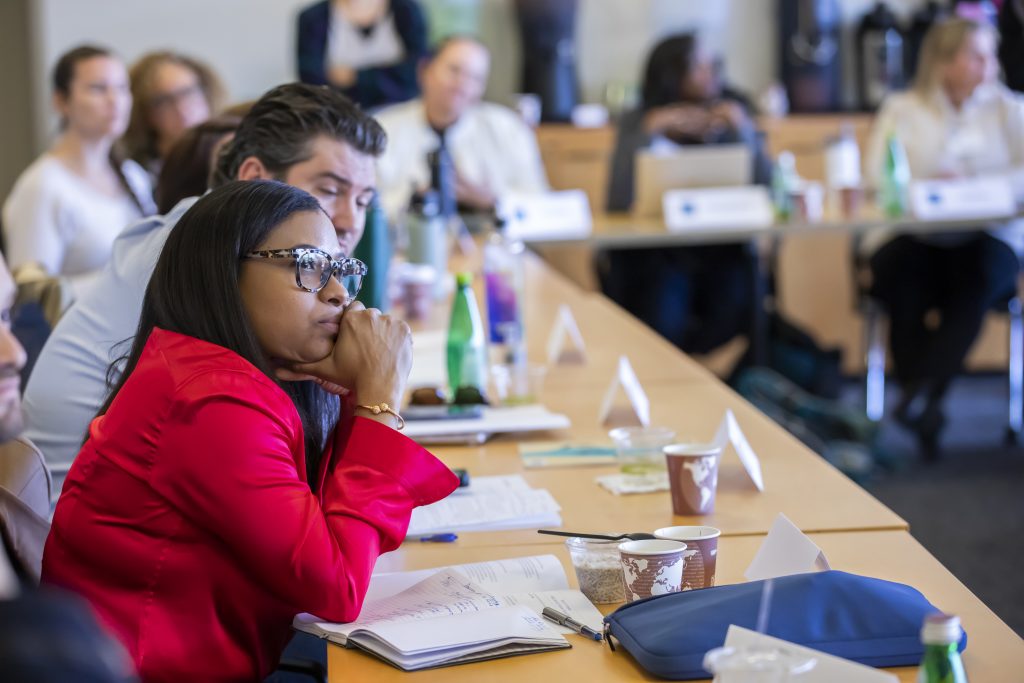
Spring 2026 DATES
In person
April 20-24 , 2026, on Stanford campus
Enjoy learning and networking with peer leaders in person on the beautiful Stanford University campus.
Virtual
April 16, 8:30 – 10:30am Pacific: Virtual Pre-Session
April 29 – 30, 2026, online
Continue your learning with engaging speakers and virtual workshops.
CERTIFICATE AWARDED
Certificate of Effective Philanthropy awarded upon completion of the course.
PROGRAM FEES
$6500 Early bird tuition – for applications accepted by March 1
$7,500 – Program fee includes tuition, materials and breakfast and lunch during course. Deadline to apply: April 1.
Group rate – Contact Ruth Selby at rselby@stanford.edu, if multiple participants from your organization would like to attend.
FOR MORE INFORMATION
Questions? Contact:
Ruth Selby, Program and Education Manager, rselby@stanford.edu
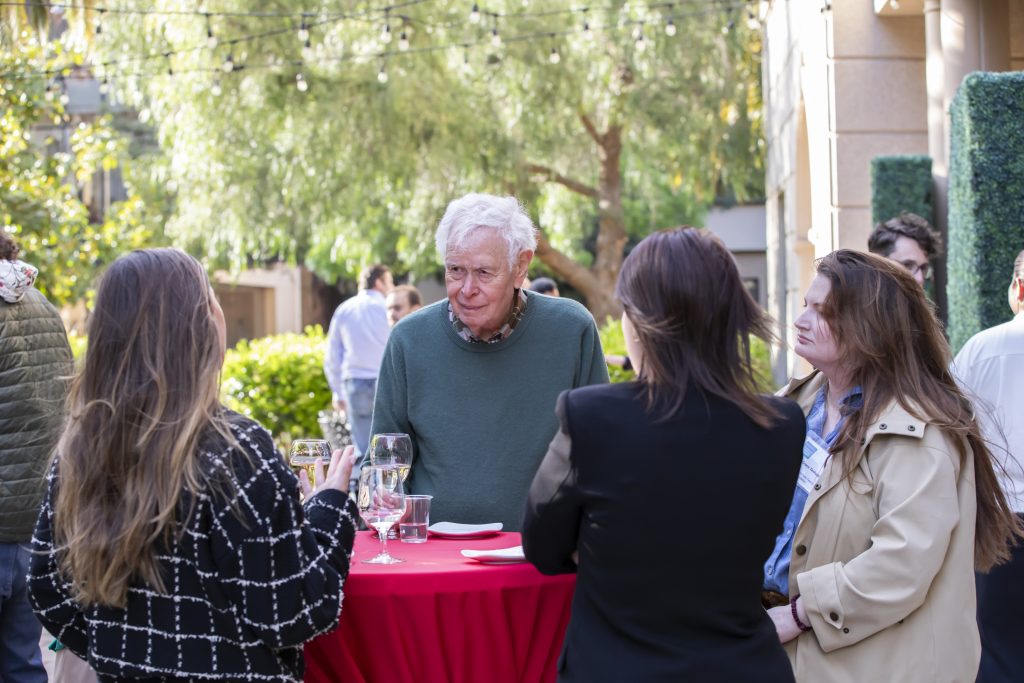
Alumni Testimonials
“The Stanford PACS program was incredible and is by far the most treasured educational experience I’ve had in connection with my work in philanthropy. It was extremely comprehensive in scope but efficient, with no wasted topics or moments. I found the staff, instructors, and guest lecturers to be particularly engaging and expert, and I left much more aware of the philanthropic water we all swim in. The program gave me concrete skills and tactics to use in my work, and I loved the diverse group of high performing philanthropists I met as fellow participants.”
“I’m glad I took this course eight years into my career in philanthropy; I also wish I had taken it eight months in.”
“Professionals who are new to the philanthropic sector, transitioning from other fields, or have years of experience in this space, will find this course tremendously valuable.”
“I found the EPP curriculum compelling and comprehensive, covering everything from systems and strategy to the history of philanthropy and contemporary trends. The cohort included an impressive international group and the participants’ varied and unique perspectives helped to reinforce course materials and make for robust discussions. I would highly recommend the EPP course to any philanthropy professionals interested in an executive style learning program.”
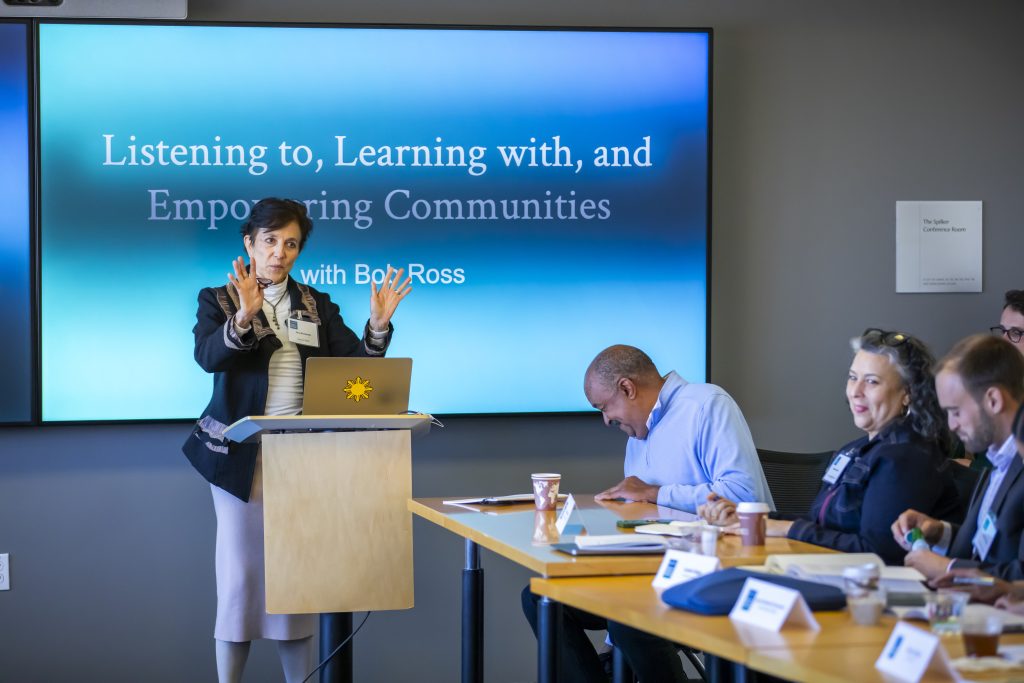
What The Course Will Cover
– Donors’ values and focus areas for giving
– Social problems, their causes, and strategies for solutions
– Historical and societal contexts of philanthropy
– Contemporary trends in philanthropic practice
– Relationship-, community-, and trust-building
– Strategies for governance and managing family dynamics
– Governance and vehicles for structuring gifts
– Causes such as racial justice, democratic institutions, and global giving
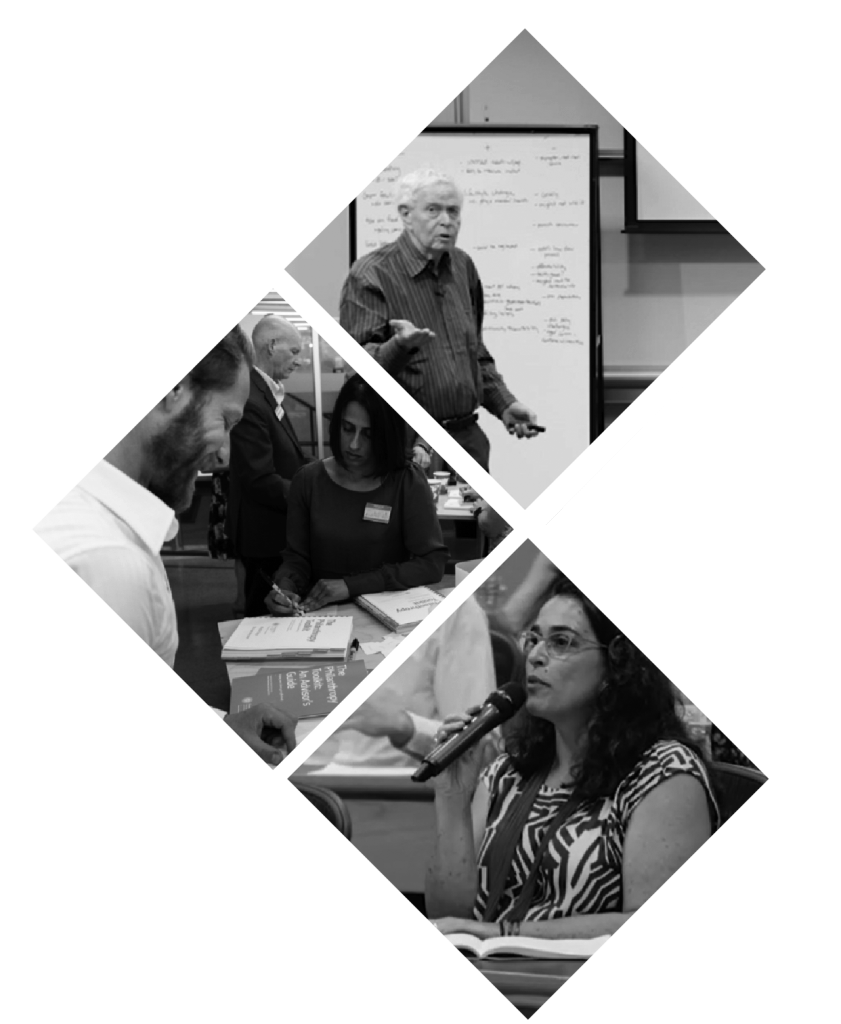
Past Speakers November 2025
 Sheena Agarwal– Chief Partnerships Officer, Myriad USA
Sheena Agarwal– Chief Partnerships Officer, Myriad USA  Ashley Blanchard– Philanthropy Practice Leader, Lansberg Gersick & Associates (LGA), NCFP Chair
Ashley Blanchard– Philanthropy Practice Leader, Lansberg Gersick & Associates (LGA), NCFP Chair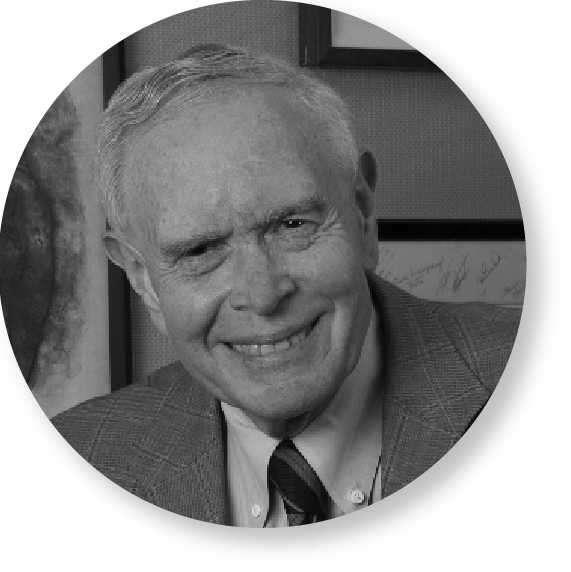 Paul Brest– Professor, Stanford Law School, former president of the Hewlett Foundation, and co-author of “Money Well Spent: A Strategic Guide to Smart Philanthropy”
Paul Brest– Professor, Stanford Law School, former president of the Hewlett Foundation, and co-author of “Money Well Spent: A Strategic Guide to Smart Philanthropy” Angie Chen– Executive Director, Skyline Foundation.
Angie Chen– Executive Director, Skyline Foundation.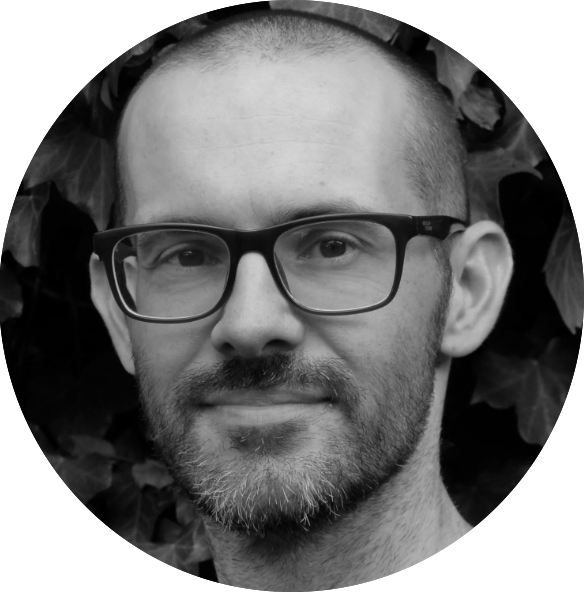 Rhodri Davies– Founder and Director, Why Philanthropy Matters, Pears Research Fellow in the Center for Philanthropy at the University of Kent, and host of the podcast “Philanthropisms.”
Rhodri Davies– Founder and Director, Why Philanthropy Matters, Pears Research Fellow in the Center for Philanthropy at the University of Kent, and host of the podcast “Philanthropisms.”-
 Jason Elliott– President, Versus Solutions. Former Deputy Chief of Staff to the Governor of the State of California.
Jason Elliott– President, Versus Solutions. Former Deputy Chief of Staff to the Governor of the State of California.  Stacey Faella– Executive Director, The Woodcock Foundation, and Board Member, NCFP
Stacey Faella– Executive Director, The Woodcock Foundation, and Board Member, NCFP Sam Mar– former Executive Vice President, Energy, Elections & Explorations, Arnold Ventures
Sam Mar– former Executive Vice President, Energy, Elections & Explorations, Arnold Ventures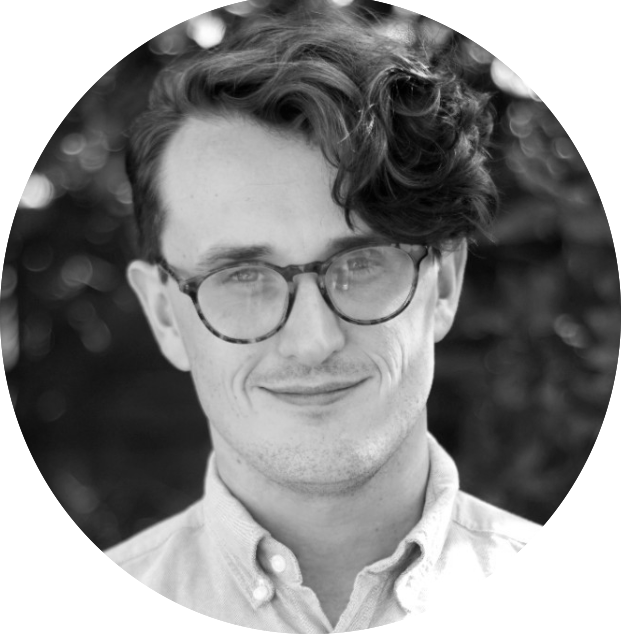 Micah McElroy– Associate Director of Research, Effective Philanthropy Learning Initiative
Micah McElroy– Associate Director of Research, Effective Philanthropy Learning Initiative  Vera Michalchik– Director, Philanthropy Research and Education, Effective Philanthropy Learning Initiative; Senior Research Scholar, Stanford Center on Philanthropy and Civil Society
Vera Michalchik– Director, Philanthropy Research and Education, Effective Philanthropy Learning Initiative; Senior Research Scholar, Stanford Center on Philanthropy and Civil Society 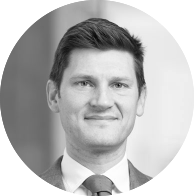 Falko Paetzold– Initiator and Managing Director, Center for Sustainable Finance and Private Wealth (CSP)
Falko Paetzold– Initiator and Managing Director, Center for Sustainable Finance and Private Wealth (CSP) Charlotte Pera– Executive Director, Sustainability Accelerator, Stanford University; Former President and CEO, ClimateWorks Foundation
Charlotte Pera– Executive Director, Sustainability Accelerator, Stanford University; Former President and CEO, ClimateWorks Foundation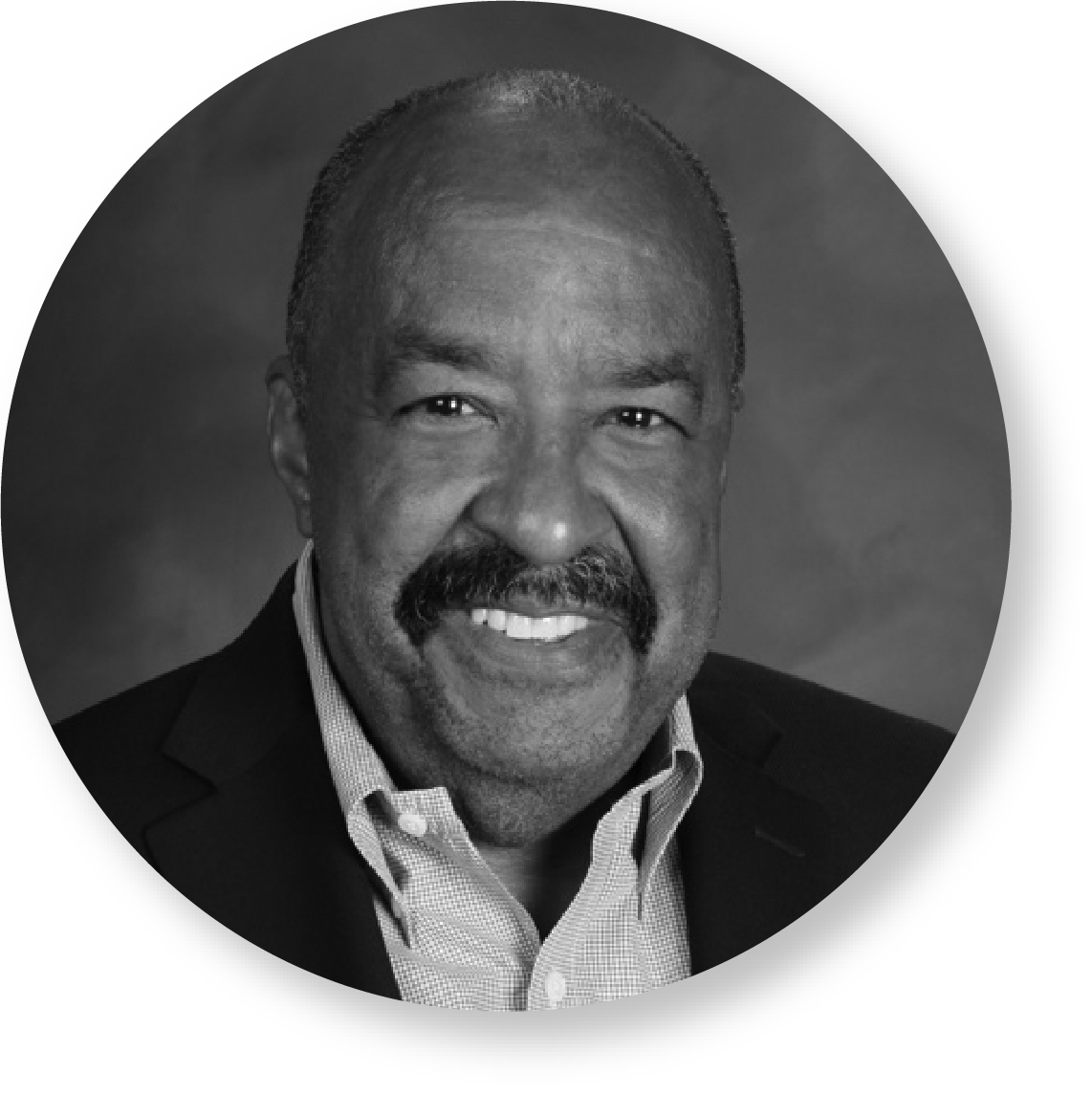 Dr. Robert K. Ross– Former President and CEO, The California Endowment
Dr. Robert K. Ross– Former President and CEO, The California Endowment 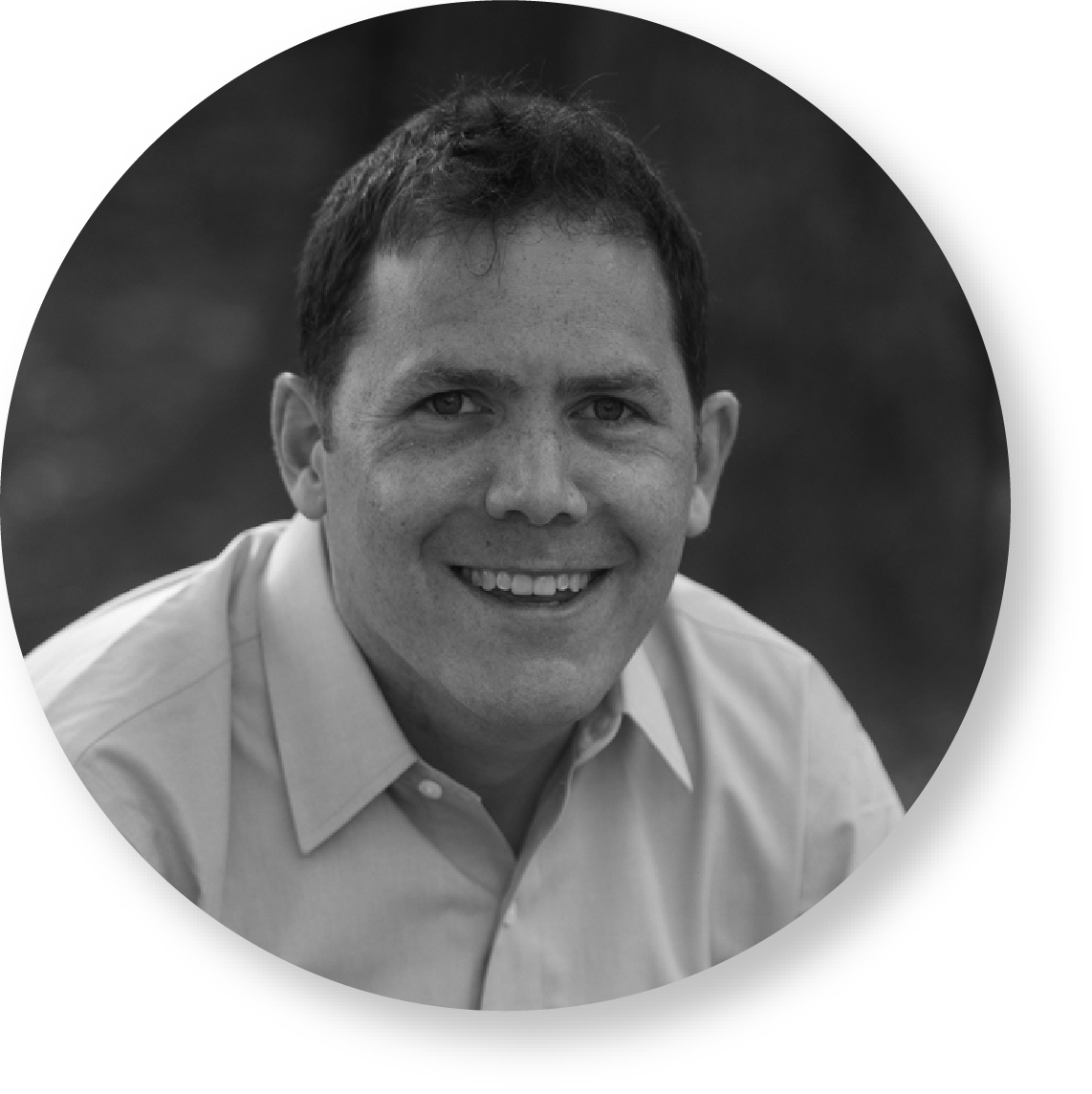 Ben Soskis– Senior Research Associate, The Center for Nonprofits and Philanthropy, The Urban Institute.
Ben Soskis– Senior Research Associate, The Center for Nonprofits and Philanthropy, The Urban Institute.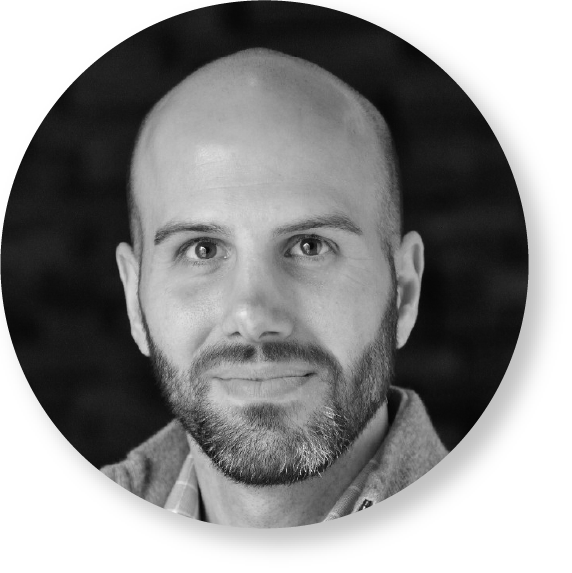 Nick Tedesco– President, National Center for Family Philanthropy (NCFP)
Nick Tedesco– President, National Center for Family Philanthropy (NCFP)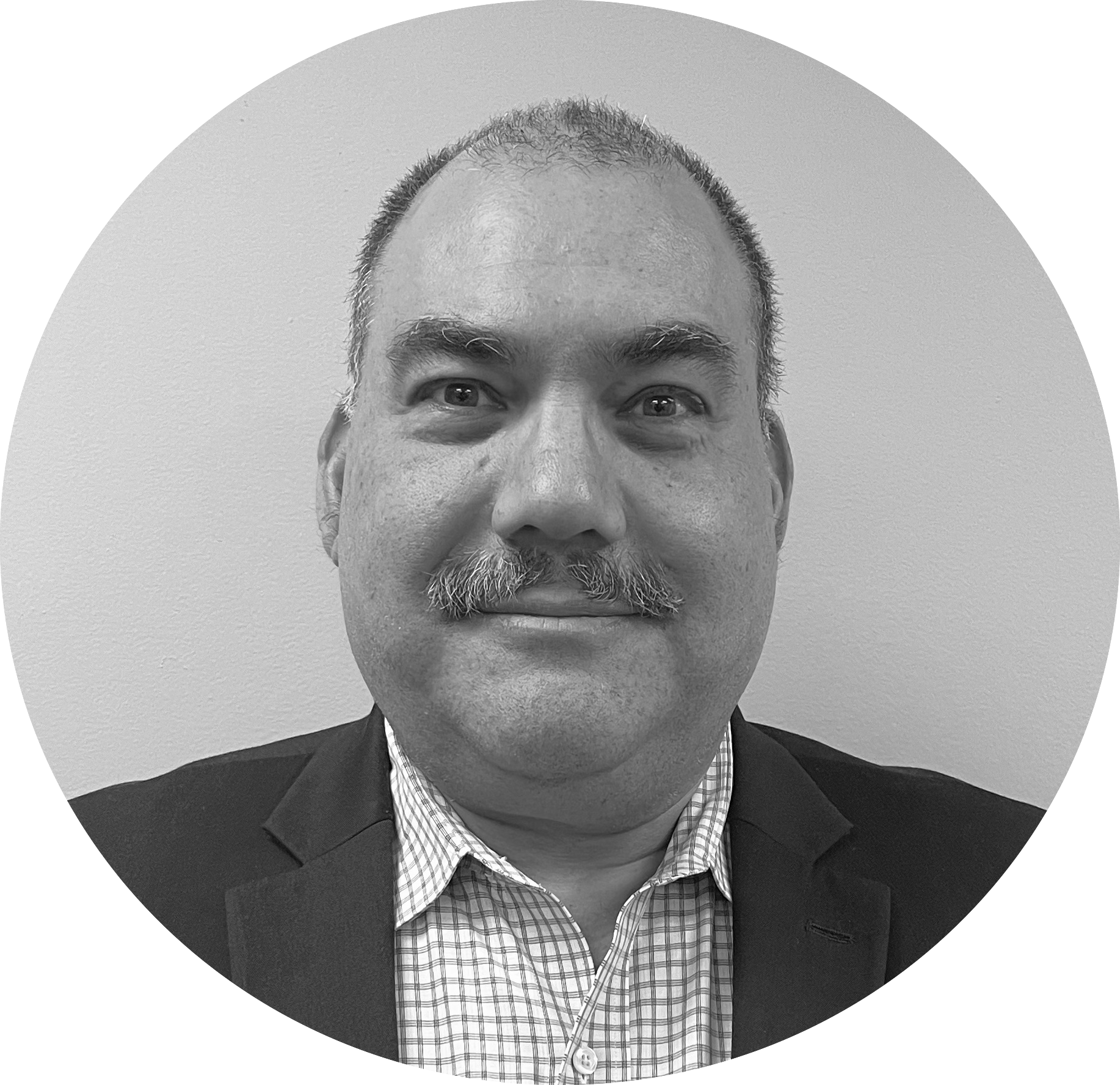 Eric Weingartner– President and CEO, The Overbrook Foundation
Eric Weingartner– President and CEO, The Overbrook Foundation Irene Wong– CEO, Palo Alto Community Foundation
Irene Wong– CEO, Palo Alto Community Foundation
Policies and Procedures (FAQ)
Application and Eligibility:
The application form is designed to assure a fit between participants and program offerings, with priority given to professionals who best meet the program’s criteria for who should attend (see section above). Accepted applicants will receive notification by March 15th, 2026.
Stanford is committed to providing equal educational opportunities for disabled students. Disabled students are a valued and essential part of the Stanford community. We welcome you to our class.
Acceptance and Registration:
Once accepted, you will be asked to register for the course and be provided further information regarding program fees.
Program Fees
The program fees include tuition, course materials, and additional resources. Breakfast and lunch will be provided during the in-person sessions. Travel and lodging are not included. Lodging on Stanford campus at the Stanford Guest House is available for the first ten interested accepted participants; rates are nearly half the price of local, comparable hotels.
Please note that program specifics, particularly regarding faculty and session topics, are subject to change.
Payment Procedure
Upon acceptance, payment details including an invoice and online payment link will be sent by email. Full payment of the invoice will confirm your enrollment and secure your reservation. Payment will be accepted by bank wire transfer, or credit card plus processing fee(American Express, MasterCard, Visa, and Discover).
Certificate of completion:
At the end of the program, participants will receive a Certificate of Effective Philanthropy. The program does not offer an accredited degree from Stanford University, and at this time, does not qualify for continuing education credits.
Cancellation Policy:
We anticipate circumstances and availability issues arise unexpectedly for prospective participants.
If you wish to cancel and receive a full refund, you must submit your request in writing at least 20 days prior to the program start date. If you submit your request within 19 days of the program start date, you are not eligible to receive a refund. Cancellation requests are valid only upon Stanford PACS confirming receipt of your request.
Should you have any further questions, please email Ruth Selby at rselby@stanford.edu .
